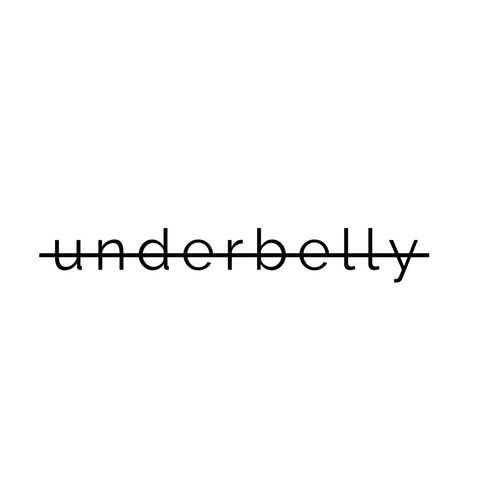Jericho Brown on revision
JERICHO BROWN
And, at first, when you have a few poems, you don’t know that. And then, after the numbers change, after you’ve got more than a few poems, you go: oh, I might be working on a book. Then you write some more poems and you realize: oh, this is my book I’m working on! And this is what it does, and this is what it’s gonna do or I don’t know what it does and I don’t know what it’s gonna do! But when I say ‘rigorous’ I mean that many of the poems, for whatever reason . . . I became really attracted to a certain kind of rigor and certain kind of difficulty. I wanted to make certain figures work. I knew that I was dealing with certain kinds of architecture within the poems. I invented a form. I was doing all kinds of things that you don’t have to do to write a good poem. But I wanted to do that. And I say ‘effortless’ because it was hard work that didn’t feel like hard work, it just felt like joy.
*
I think there are many things that I have to say and at the time that I’m writing the poem I have no idea that I could possibly be the person who’s saying those things. Because the lines feel so foreign to me in the sense that you’re writing and you’re dealing with lines [coming to you] and you’re hurrying up, you’ve just got to get them down.
*
I try to let language tell me what it wants. I try to let whatever subconscious things that come out of me show me the direction that the poem wants to go. If I make a metaphor early on in a poem I assume that that will be the guiding metaphor throughout the poem or that there’s a family of metaphors or maybe a conceit. There’s something about that early metaphor that will guide me and tell me what else I can possibly say. Same thing for sounds. If I make a certain sound I imagine that sound will come back again and that it’s going to morph and shift. I’m looking for those opportunities when I write a poem. Which means that if I’m looking for those opportunities in sound then I can’t be concerned about what things mean.
*
You’re not writing if your poems don’t lead you to moments where you are questioning all that you have supposedly believed in. You have to want that. And that’s a crazy thing to want.
*
Write past the line that is the easy line. People get to the easy line and they think that’s the end. But that’s actually the beginning. That’s where you know, “Oh shit, now I gotta tell the truth because I just lied.”
Source:
http://thespectacle.wustl.edu/?p=893&fbclid=IwAR1_rZYdPSq-35z3EGSul4xoiH7ACFHXI1ZGzxYWQcGZrwaacu5rm5Erb6
4
